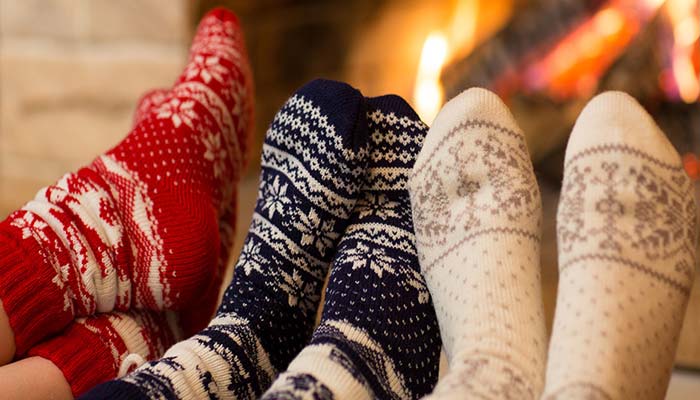Staying warm is important for your health, especially in winter. Being too cold can cause many health problems and exacerbate your symptoms when you get a cold or flu. Your residential electrician will usually tell you the best way to keep warm is with the use of electric heating of some kind. Electricity is quick, clean, non-toxic and efficient. In addition it is widely available.
Years ago when not much heating was available, people used to get an itchy and painful condition called chilblains. It caused weeping sores on their extremities- toes, fingers, and sometimes ears – that took ages to heal. In fact, it would only heal when the warmer weather arrived. A condition called trench foot has also been noted by those who spend too much time in a cold environment.
Staying warm is not only comfortable, but much healthier and more pleasant than being cold. People catch cold and flu more easily when they are exposed to the elements and of course, being too cold can cause death. Frostbite is another health problem caused by being out in the snow for too long without the proper clothing. In some cases toes and fingers have to be amputated due to the damage caused by frostbite.
Eye pain and changes to your vision can also be caused by being out in cold and snowy conditions. Snow blindness is a result of forcing your eyes to stay open in freezing, windy conditions, even though it is not caused by cold so much as glare. Anyone holidaying in the snow needs to be well equipped with dark glasses to prevent this painful and debilitating condition.
Hypothermia happens when the body loses heat faster than it can make it. This is a dangerous condition that should be avoided at all times by dressing warmly and ensuring you eat enough food to create warmth in your body. If this heat loss is not stopped, unconsciousness and death can soon follow.
Symptoms of hypothermia are –
- Shivering,
- Apathy
- Clumsiness
- Poor judgement and
- Pale, bluish-grey skin that is also cold to the touch.
It can happen through being outdoors in cold conditions, working in cold storage units, being immersed in cold water for too long, wearing wet clothing in cold conditions, and just being a baby without proper care.
However, even without hypothermia you can be very uncomfortable when too cold. The risk of this is higher in people who don’t have much fat under their skin; those who smoke cigarettes or drink a lot of coffee, as both nicotine and caffeine narrow the blood vessels and those who are under stress or overtired. First aid measures include drinking warm liquid without caffeine in it, taking a warm shower, removing wet clothing and generally getting warm and dry.

